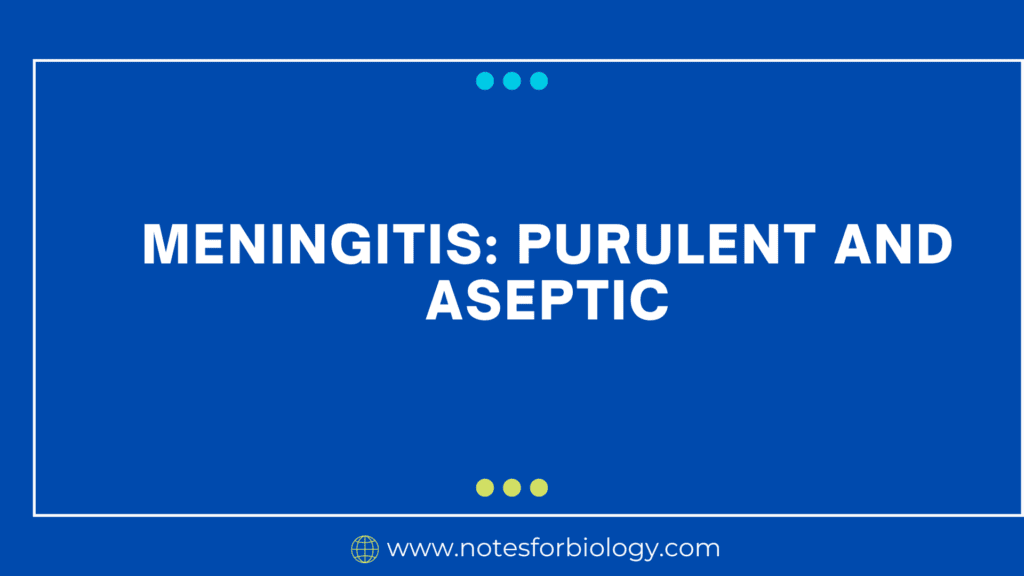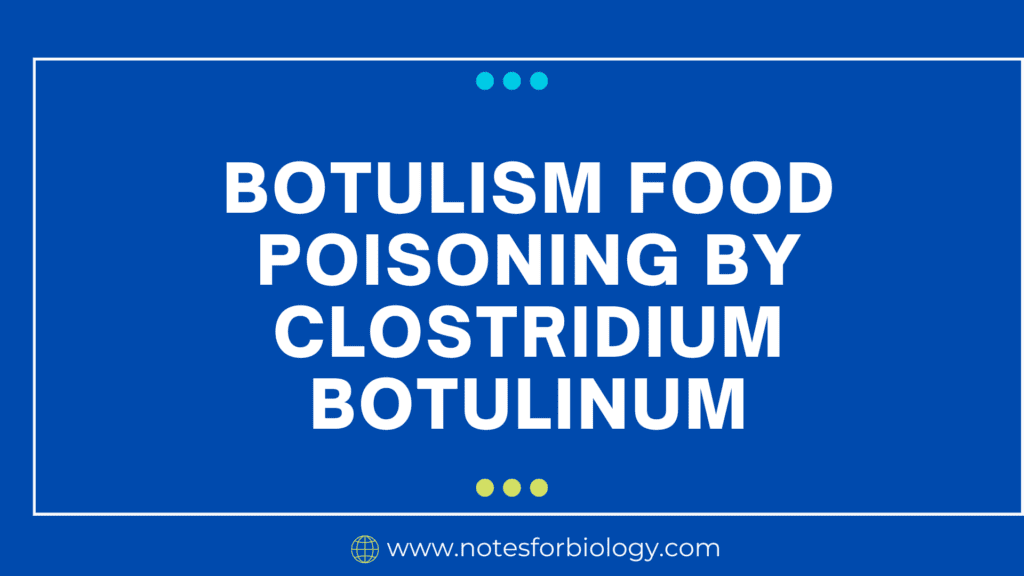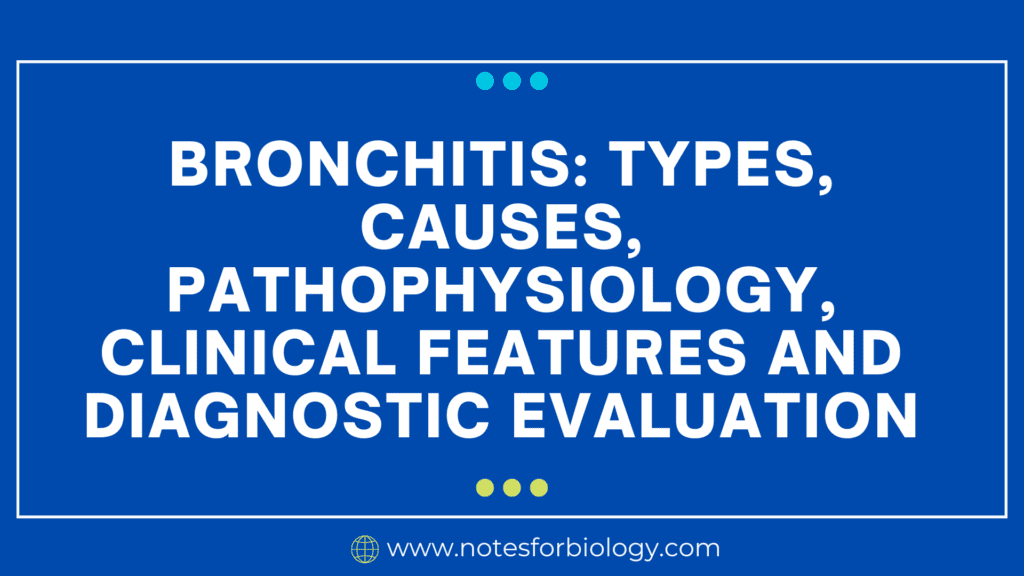Meningitis is an inflammation of the protective membranes surrounding the brain and spinal cord, known as the meninges. It may be categorized into two primary types: purulent (bacterial) and aseptic (viral or other non-bacterial causes). Here’s an in-depth look at both.
Table of Contents
Purulent Meningitis (Bacterial Meningitis)
Bacterial infections induce purulent meningitis, which results in pus collection in the subarachnoid space and acute meningeal inflammation. Purulent meningitis, also known as bacterial meningitis, is an acute inflammation of the meninges caused by bacterial infection, characterized by the presence of pus in the cerebrospinal fluid.

Common causes:
- Neisseria meningitidis (meningococci)
- Streptococcus pneumoniae (Pneumococcus)
- Haemophilus influenzae type B (Hib).
- Listeria monocytogenes (more prevalent in neonates, the elderly, and immunocompromised people)
- Group B Streptococcus (common among neonates)
Symptoms:
- A sudden high fever
- Severe headache.
- Stiff neck (nuchal stiffness).
- Nausea and vomiting.
- Photophobia (sensitivity to light).
- Altered mental status (confusion, lethargy).
- Seizures (in severe circumstances).
Diagnosis:
Lumbar puncture (spinal tap): Cerebrospinal fluid (CSF) analysis often reveals a high white blood cell count (mostly neutrophils), low glucose levels, and higher protein.
Gram stain and culture are used to identify the pathogenic bacteria.
Blood cultures are used to detect bacteremia.
Imaging: CT or MRI scans can be performed to rule out other disorders and assess consequences.
Treatment:
Antibiotics: Immediate empirical antibiotic therapy is commenced, typically with a combination of ceftriaxone or cefotaxime and vancomycin, and is later customized based on culture results.
Supportive care includes hydration, pain control, and antipyretics.
Steroids: Dexamethasone can be used to minimize inflammation and neurological problems.
Prognosis:
The prognosis improves dramatically with immediate treatment; nonetheless, problems such as hearing loss, neurological impairment, or seizures may occur.
Aseptic meningitis (viral and non-bacterial causes)
Definition: Aseptic meningitis is defined that is not caused by microorganisms. The most common cause is viral infections, however it can also be caused by fungus, parasites, medicines, and autoimmune illnesses. Aseptic is an inflammation of the meninges not caused by bacterial infection, typically resulting from viral infections, but can also be caused by fungi, parasites, medications, or autoimmune diseases.
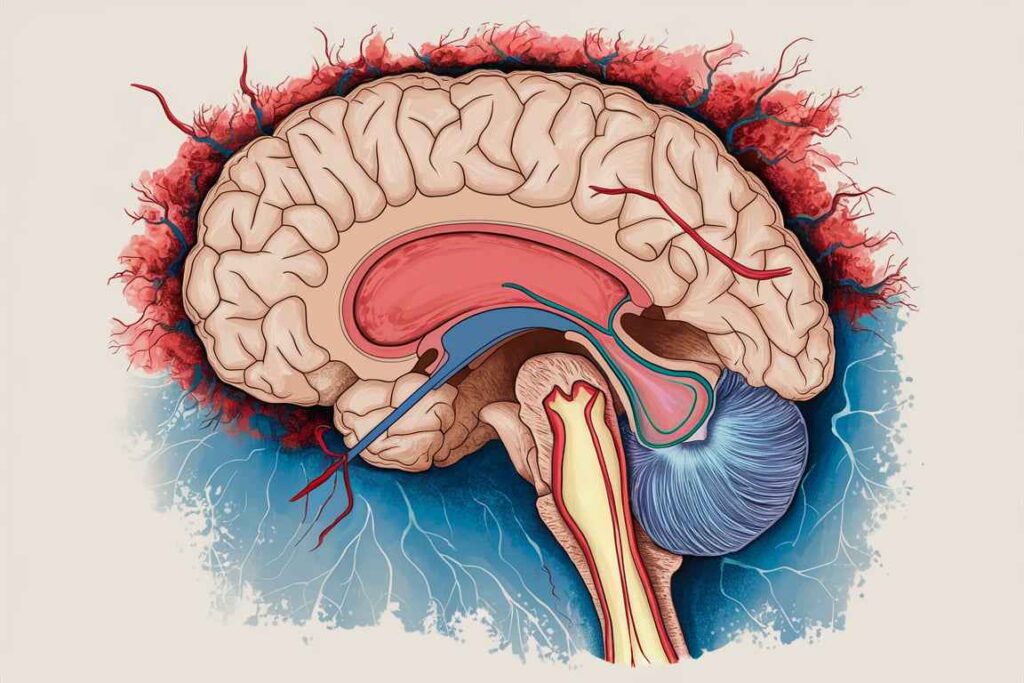
Common causes:
- Viruses include enteroviruses (the most common), herpes simplex virus (HSV), varicella-zoster virus (VZV), mumps, and HIV.
- Cryptococcus fungus (particularly in immunocompromised patients).
- Parasites: Rare causes include parasites such as Naegleria fowleri.
- Non-infectious conditions include drug-induced illnesses, autoimmune disorders (such as lupus), and cancer.
Symptoms:
- Similar to bacterial, although generally less severe.
- Fever
- Headache
- Stiff neck.
- Photophobia
- Malaise
- Nausea and vomiting.
Diagnosis:
- Lumbar puncture (spinal tap): CSF examination reveals increased white blood cells (mostly lymphocytes), normal glucose levels, and slightly raised protein.
- PCR Testing: Used to detect viral DNA/RNA in the CSF.
- Serologic tests: To detect specific viruses or other reasons.
- Blood tests: To rule out bacterial infections and evaluate overall health.
Prognosis:
- Supportive care includes rest, fluids, analgesics, and antipyretics.
- Antiviral Therapy: Used to treat certain viral illnesses such as HSV and VZV.
- Antifungal Treatment: For fungal conditions such as cryptococcosis.
- Management of Underlying Conditions: Non-infectious causes, such as autoimmune illnesses.
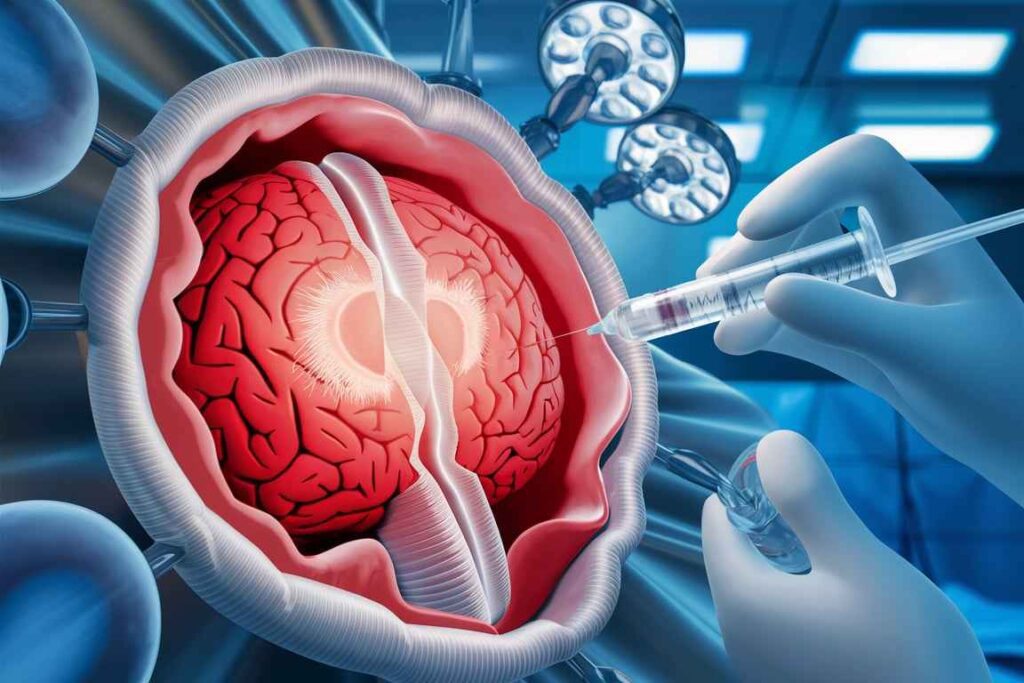
Prognosis:
- Generally beneficial, particularly for viral meningitis, with the majority of patients recovering completely. However, difficulties can emerge in severe situations or in people who are immunocompromised.
Frequently Asked Question
What is Aseptic meningitis ?
Aseptic meningitis is not caused by bacteria. It is most commonly due to viral infections but can also result from fungi, parasites, medications, and autoimmune diseases.
What are the causes of Aseptic meningitis?
The causes of Aseptic meningitis are
1. Viruses include enteroviruses (the most common), herpes simplex virus (HSV), varicella-zoster virus (VZV), mumps, and HIV.
2. Cryptococcus fungus (particularly in immunocompromised patients).
3. Parasites: Rare causes include parasites such as Naegleria fowleri.
4. Non-infectious conditions include drug-induced illnesses, autoimmune disorders (such as lupus), and cancer.
Related Articles

